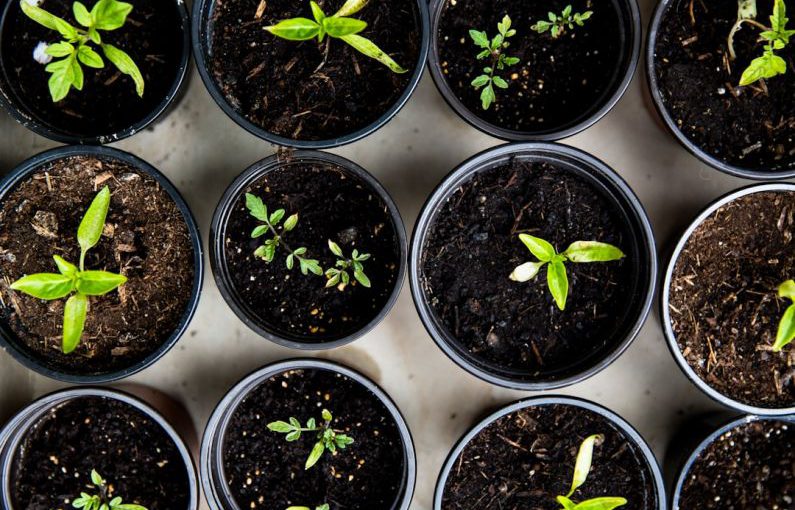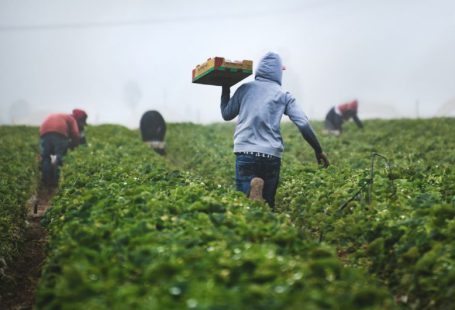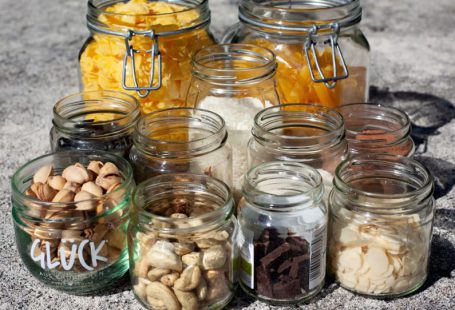Did you know that a significant portion of the food we consume ends up in the trash? Food waste is a global issue that not only impacts the environment but also contributes to food insecurity. However, there is a growing trend that aims to tackle this problem head-on through a concept known as food upcycling. In this article, we will explore the innovative practice of turning food waste into valuable products and how it is reshaping the way we think about sustainability and resourcefulness in the food industry.
The Rise of Food Upcycling
Food upcycling is a sustainable approach that involves repurposing food by-products or ingredients that would typically be discarded during the production process. Instead of treating these materials as waste, they are transformed into new, high-quality products with added value. This practice not only helps reduce food waste but also promotes a circular economy where resources are utilized efficiently.
Creative Solutions for Food Waste
One of the key aspects of food upcycling is the creative and innovative solutions that companies are employing to give new life to food waste. From turning fruit and vegetable peels into snacks to using surplus grains to create protein-rich foods, the possibilities are endless. By thinking outside the box, food upcycling has led to the development of an array of unique and delicious products that appeal to eco-conscious consumers.
Innovative Products in the Market
The market for upcycled food products is rapidly expanding, with an increasing number of brands introducing innovative items that not only taste good but also help reduce food waste. For example, coffee fruit, which is typically discarded during the coffee bean harvesting process, is now being used to create teas, energy drinks, and even flour. Similarly, companies are utilizing spent grains from brewing beer to produce snacks, baked goods, and cereals.
Educating Consumers on Sustainability
Food upcycling is not just about creating new products; it is also about raising awareness and educating consumers on the importance of sustainability in the food industry. By highlighting the environmental impact of food waste and showcasing the benefits of upcycled products, companies are encouraging consumers to make more conscious choices when it comes to their food purchases. This shift towards greater transparency and accountability is reshaping consumer behavior and driving demand for sustainable food options.
Collaborations and Partnerships
To further promote food upcycling and drive innovation in the industry, collaborations and partnerships between food companies, nonprofits, and government agencies are essential. By working together, stakeholders can share knowledge, resources, and best practices to develop more sustainable solutions for food waste. These partnerships play a crucial role in advancing the food upcycling movement and ensuring its long-term success.
Embracing a Sustainable Future
As the food upcycling trend continues to gain momentum, it is clear that this innovative practice has the potential to revolutionize the way we approach food production and consumption. By turning waste into treasure, we are not only reducing our environmental footprint but also creating new opportunities for economic growth and social impact. Food upcycling is more than just a solution to food waste; it is a mindset shift towards a more sustainable and resilient food system.
In Conclusion: Embracing the Power of Food Upcycling
Food upcycling is more than just a passing trend; it is a powerful tool for transforming the way we view food waste and sustainability in the food industry. By turning what was once considered waste into valuable products, we are not only reducing our impact on the environment but also creating a more resilient and resourceful food system. As consumers, we have the power to drive positive change by supporting brands that prioritize sustainability and embrace the principles of food upcycling. Together, we can turn food waste into treasure and pave the way for a more sustainable future for generations to come.





